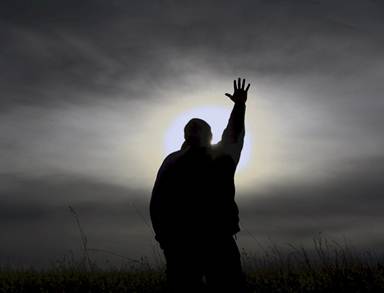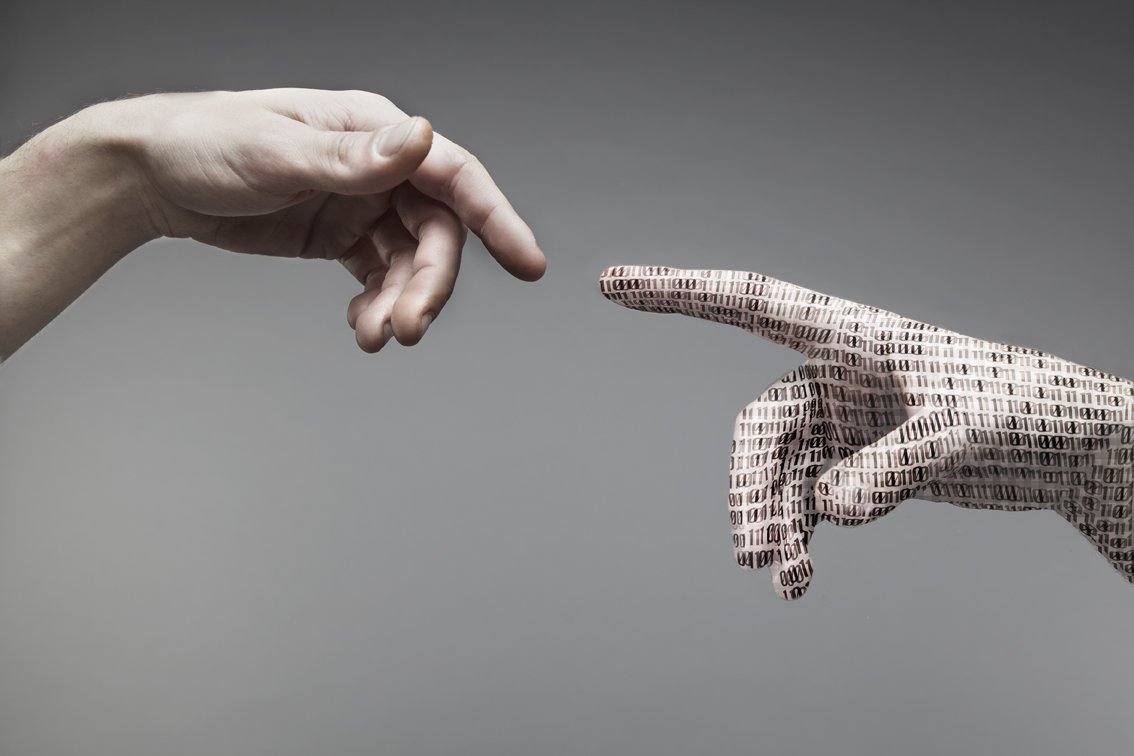The greatest problem facing us as human beings individually and collectively (collectively both as peoples and humanity) is the urgency of radically changing. Nature itself is urgently demanding it, and evolution, which has the mistaken connotations of gradualness and time, is breathing down our necks.
 If we can actually see a workable, day-to-day approach to radical changing, most people, I believe, would move in that direction. The tragedy is that many people have given up on humans, which of course means they’ve given up on themselves and humanity.
If we can actually see a workable, day-to-day approach to radical changing, most people, I believe, would move in that direction. The tragedy is that many people have given up on humans, which of course means they’ve given up on themselves and humanity.
However when a minority, even a small minority, begins to deeply move toward wholeness rather than greater fragmentation, perhaps many of the inwardly dead would come back to life.
It isn’t a question of leaders and followers however. Following religious and political leaders is what has brought us to this pass. Fortunately, there are signs that people are beginning to think and find out for themselves.
Radical change begins within us as individuals. Not individuals in the separative, atomistic sense of American individualism, but in the sense of the root meaning of the word—a ‘not divided’ human being.
As I see it, the essential blockages to radical change are division in observation, and dissipation in the illusion of psychological time. First, as long as the observer is dominating the brain and behavior, one cannot meet and radically change what is.
To actually change what is within, whether it’s hate, fear, violence, sorrow or whatever, requires all one’s energy. And one’s energy is divided and dissipated if the observer/separate self rules, with its constant conflict of judgment, analysis, and effort. All of these things produce friction and wastage of energy.
True perception is not a matter of prejudice and predilection, either from one’s culture, conditioning or what I ate this morning. There can be no perception of what is if one takes the ridiculous attitude of ‘my truth’ vs. ‘your truth.’
So one must first and always see what is within one, without calling it something else or making rationalizations for it. If one feels hate, feel the hate and watch it without condemning or excusing or rationalizing it.
Of course, it’s very hard to remain with facts within oneself like hate, anger, fear, hurt and sorrow. But one finds that if one does so for a little while (doing nothing but watching and letting disturbing and difficult things be), the knots and blocks to life and love begin to unravel on their own. Though it’s anathema in this culture, this approach of intense inaction and non-reaction is what we most urgently need.
Remaining with what is beyond words and judgments, however disturbing, is the only way one can affect and effect change, within and outside oneself. And change always begins within, never from the outside.
The hardest thing for us humans to understand is that there is no continuity or security in life. Life is not only continuously changing; it is continuously dying and beginning. Therefore to live in harmony with life, which is synonymous with living healthily and growing inwardly, is to be dying and beginning anew every day.
Time is not the continuity of the clock but of thought and memory. There may be no such thing as time except in the mind of man, because there is no continuity in nature or the cosmos, only in man and creatures like man, wherever they may exist in the universe. The star or flower is not continuity in time, with a fixed beginning and end, but an unfolding in emptiness and silence.
continuity in nature or the cosmos, only in man and creatures like man, wherever they may exist in the universe. The star or flower is not continuity in time, with a fixed beginning and end, but an unfolding in emptiness and silence.
Man is the only creature living in terms of time on this planet, because man is the only creature possessing so-called higher thought on this marvelous earth.
So can ordinary people, going about their work and family lives in ordinary ways, test out and apply these premises of ending the observer and time to our day-to-day lives?
Step-by-step. That does not mean eventually, which is never. One inwardly grows not by looking ahead, or looking back, but by attending completely to what is.
Focusing on the present in one’s relationship with family, friends, workmates and nature is completely different than concentrating on the immediate. Attention in the present is inclusive and expands one’s understanding; concentration on the immediate is exclusive and makes a person even more self-centered.
As things are, most people prefer the busyness of the immediate, not the fullness of the present, though that’s always been a mystery to me. The most generous explanation is that they don’t see another way, don’t even know in their hearts there is another way.
The universe is suffused with intelligence, beauty and the sublimity of the nameless. Our minds—rational, irrational or non-rational—occlude our hearts, precluding perception and reception of it, due to the accumulation of experience, psychological memory and hurt.
Dissolve the encrustations of the heart by seeing and remaining with what is, and one sees and feels clearly and passionately again, as one did as a child, but with the maturity of an adult that has passed through the darkness of this world.
This isn’t about ideals and perfection. Ideals take us away from what is, and there is no such thing as perfection, not in nature or in human beings.
Martin LeFevre

